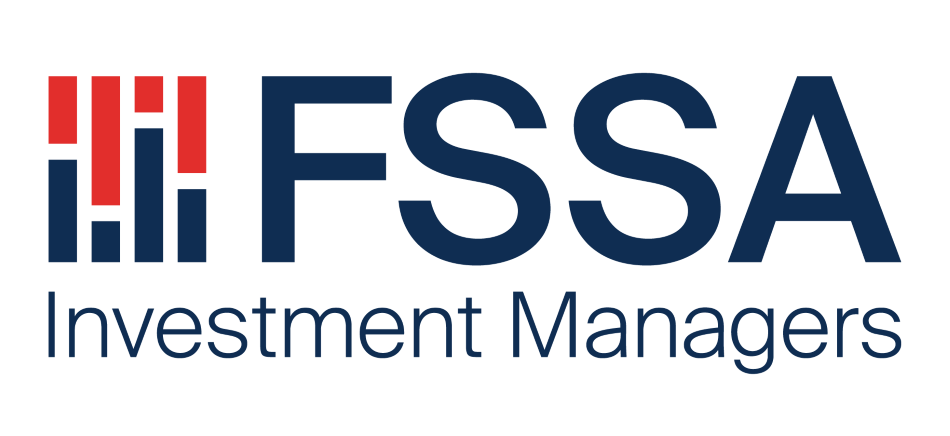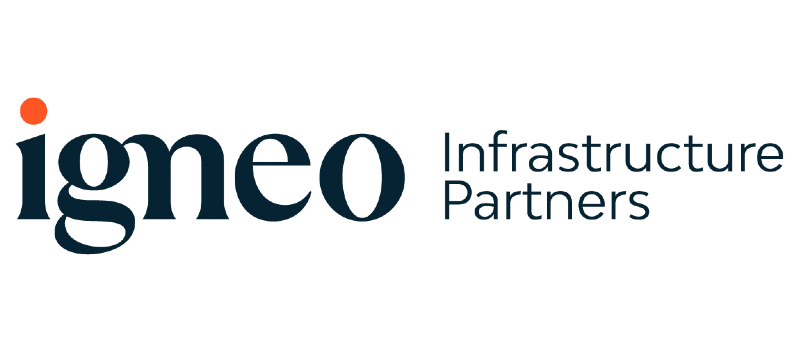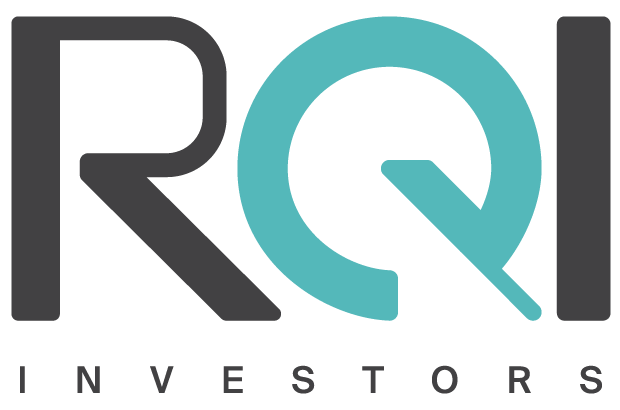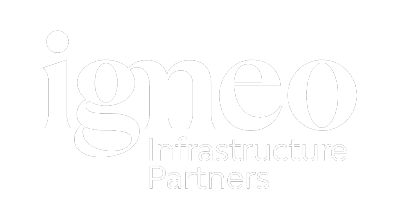Once again, 2021 was a year full of surprises and challenges, with ongoing Covid disruptions and China turning from a global outperformer to underperformer. The Chinese government’s policy crackdowns, especially in the internet, education and property sectors, were sudden and dramatic.
The pandemic has accelerated certain long-term shifts in consumer behaviour, such as using more online orders for everything from clothing to food. The latest battleground appears to be groceries, but the disrupter emerged from a not-so-new technology — WeChat groups.
End of Year Review
China made headlines for watering down coal reduction targets during COP261, but we think the criticism is unfair. The nation’s own targets set by President Xi Jinping last year — for peak emissions before 2030 and carbon neutrality by 2060 — are still ambitious and noteworthy considering China’s faster economic growth compared to developed countries.
FSSA Investment Managers Greater China equity strategies invest in quality companies in the rapidly developing Chinese market and Greater China region.
End of Year Review
End of Year Review
What are your thoughts on the increasing regulation risk of investing in China? Firstly, regulations are nothing new — it has always been a part of the investment equation. If we look at Hong Kong or Singapore for example, the government would introduce new regulations on the property market from time to time; and in China, the government has introduced a number of new regulations for banks and insurance companies over the years.
Check the latest First Sentier Investors fund price and fund performance, keep track of funds performance and trends to help investment selections.
FSSA Investment Managers India equity strategies investing in one of the worlds largest and most diverse economies, carefully seeking quality companies with long term growth.
FSSA Investment Managers global emerging markets equity strategies invest in some of the world's most dynamic and diversified markets looking for growth sectors and individual companies with stable management and solid development opportunities.
FSSA Investment Managers Asia Pacific equity strategies offer long term investment opportunities in some of the world's most dynamic markets.
In order to fully understand why Kaisa defaulted on its bonds, we first need to get a good grasp on the deleveraging policy called the three red lines. Following years of debt-fueled growth in the property sector during which home prices surged six-fold over the past 15 years, the Chinese government decided to rein in excessive credit took on by property developers to avoid Japan’s mistake in the 1990s, which eventually led to long-term damage to growth.
In almost every meeting that we have with management teams, we will ask about incentivisation. In our view, it is an important question and the answer can be highly revealing about an organisation’s culture and behaviour.
Given its size and influence, China remains a key investment destination despite ongoing trade disputes and diplomatic tensions with the US and Australia. With a GDP equivalent to around 70% of the United States, many global portfolios continue to feature Chinese equities.
As with global automotive manufacturers, several Indian automotive original equipment manufacturers (OEMs) including Maruti Suzuki, Mahindra & Mahindra (M&M), Tata Motors and Eicher Motors have recently announced that the shortage of semiconductor supply has impacted their production schedules. This has added to the persistent challenges faced by the industry over the last few years.
Since our last update, global markets have not been short of action and the manic behaviour characterising today’s markets has taken investors on another rollercoaster ride. While not quite comparable to the market movements seen during the dark days of March 2020, the recent correction — especially in China-related companies — has been notable. Yet, from a market perspective, a sense of normality is finally starting to emerge after the more speculative phases over the past 12-18 months.
2021 will be a year of recovery. This is not surprising given last year’s economic downturn. If vaccines are being rolled out gradually during the year, we believe the economy will recover, especially those sectors that have been hit hard like travel. Hong Kong’s travel sector declined by 99.9% last year so there really isn’t much room left to decline.
In September 2023, I met more than 30 global listed infrastructure companies and stakeholders from the UK, Europe and China. The following travel diary summarises my impressions and findings from these meetings.
2024 was a good year for global listed infrastructure. Strong earnings for energy midstream and a step-change in the earnings growth outlook for utilities helped the asset class to shrug off rising bond yields and political uncertainty.
2024 was a year marked by global inflation and economic growth concerns against a backdrop of worldwide elections. As we head into 2025, volatility will remain an enduring constant.
FSSA India webcast focus on the India Subcontinent Markets and Asia Pacific equities
Global listed infrastructure underperformed in 2023 owing to rising interest rates and a shift away from defensive assets. Relative valuations are now at compelling levels. Infrastructure assets are expected to see earnings growth in 2024 and beyond, aided by structural growth drivers.
Personnaliser votre visite
Selectionnez votre pays ou region :  France
France
Australia & NZ
-
 Australia
Australia -
 New Zealand
New Zealand
Asia
-
 Hong Kong (English)
Hong Kong (English) -
 Hong Kong (Chinese)
Hong Kong (Chinese) -
 Singapore
Singapore -
 Japan
Japan


























 United Kingdom
United Kingdom 